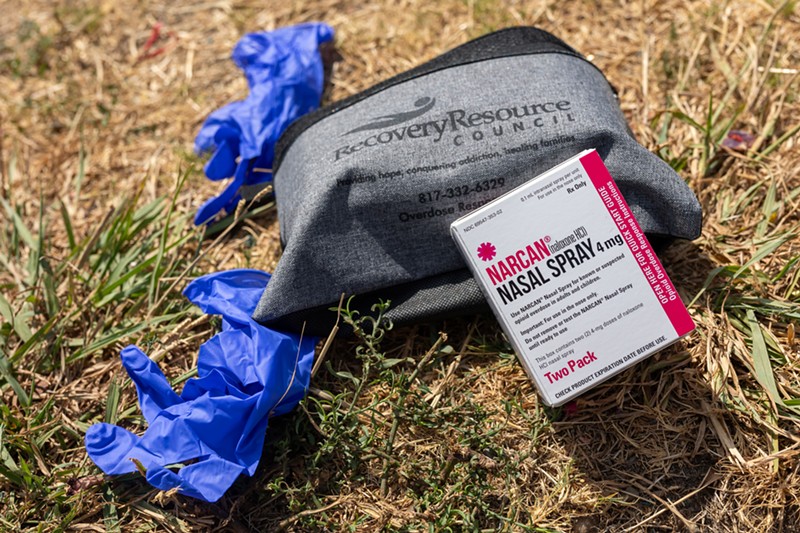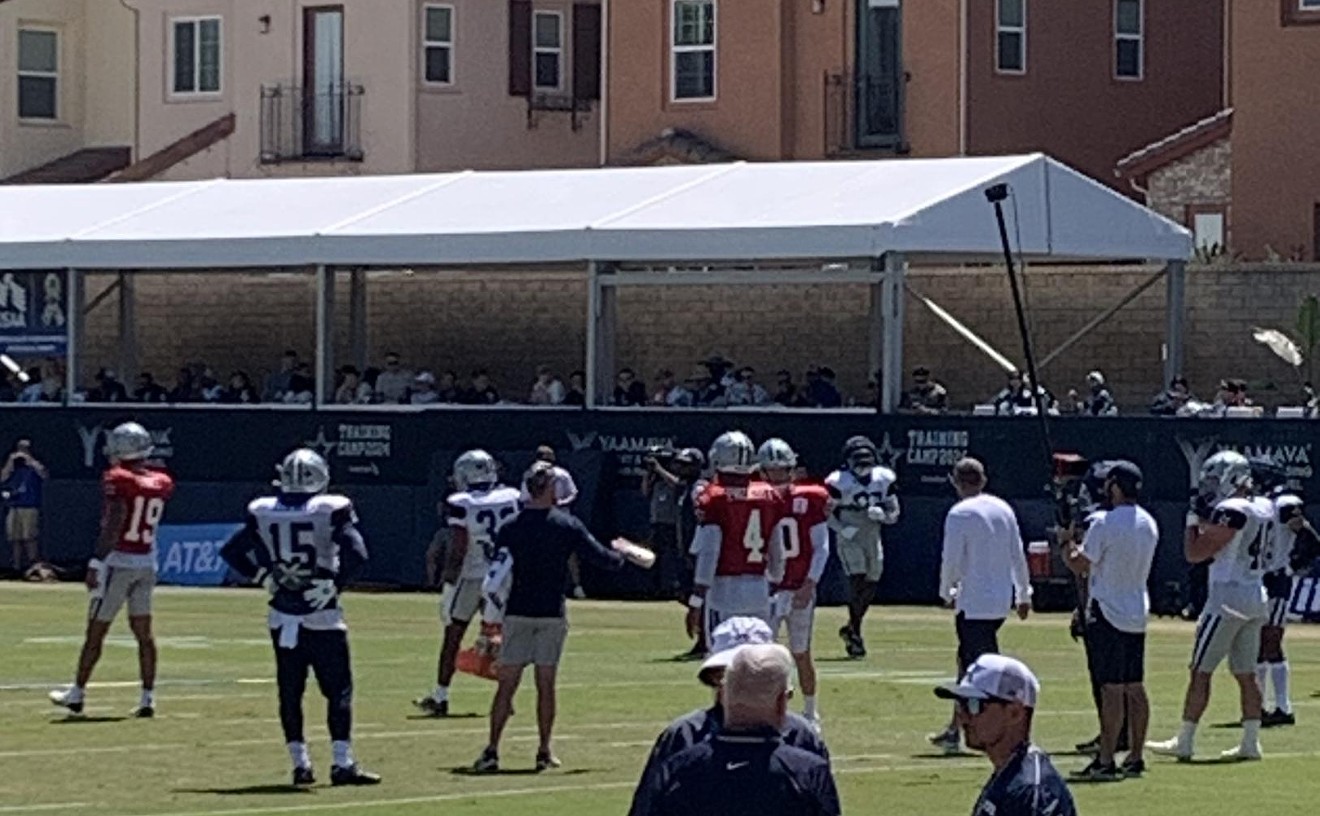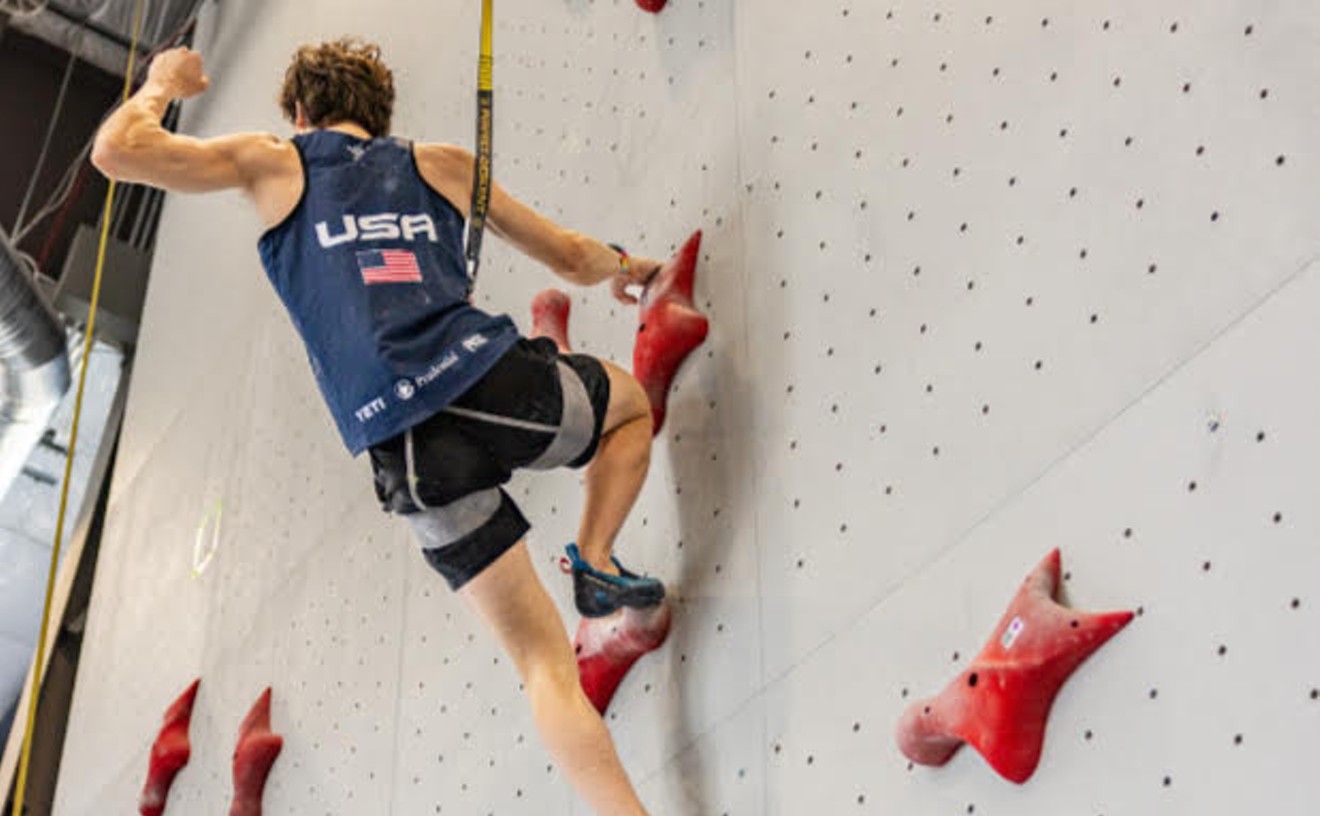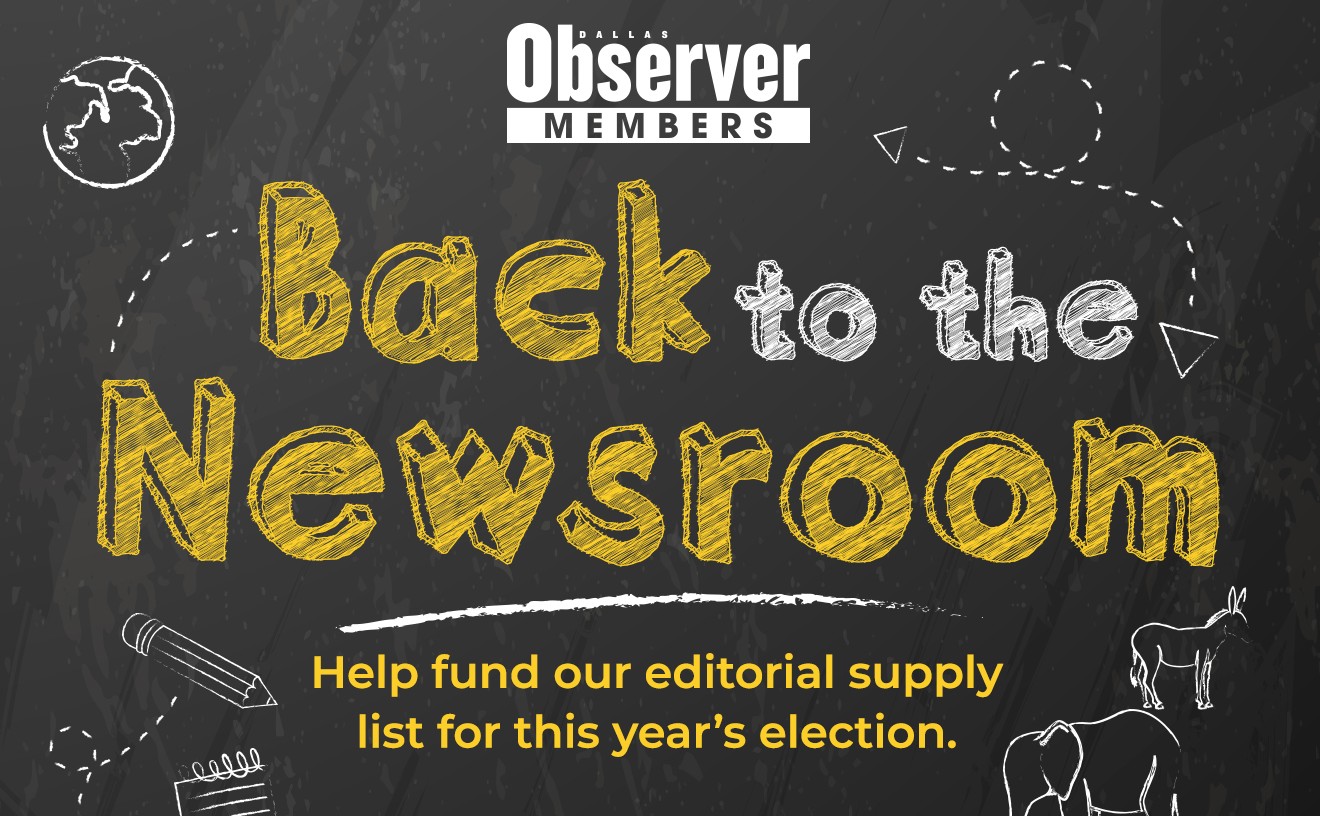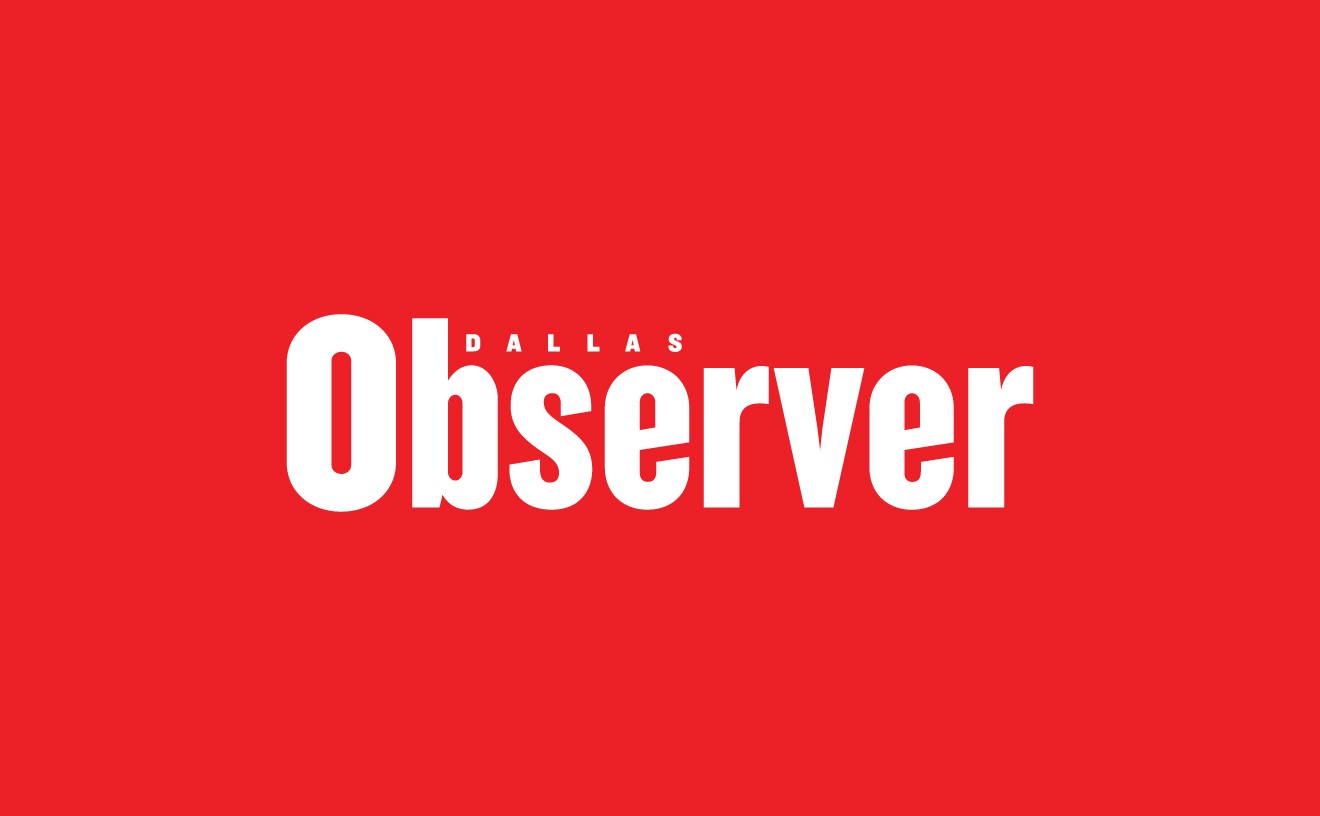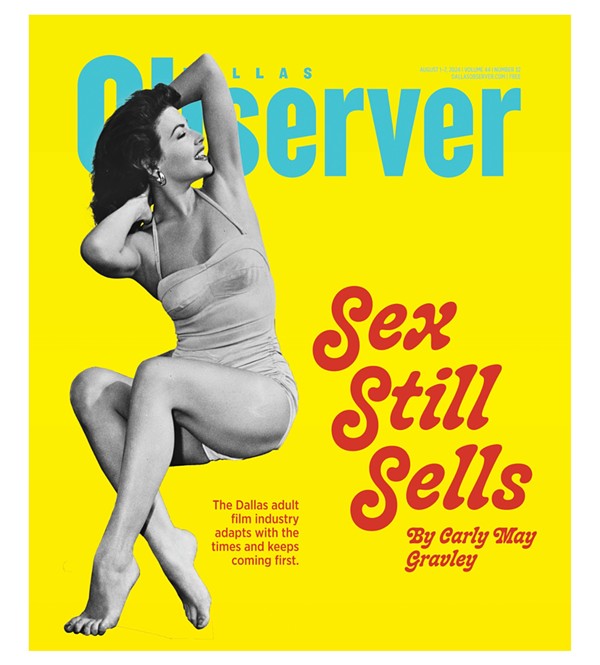As a result, you might start seeing a different kind of vending machine popping up around the county. It will carry items like Naloxone (also known as Narcan, a life-saving nasal spray that reverses the effects of an opioid overdose), drug disposal kits and educational materials about overdosing. If approved by the county on Aug. 6, the dispensers will be installed in areas with high rates of overdoses.
This will all be paid for by a $2,225,000 grant to Dallas County Health and Human Services that’s meant to cover steps to quickly reduce overdose morbidity and mortality in communities while addressing health disparities, primarily focusing on opioid, stimulant and polysubstance use. Items from the machines will be dispensed free of charge.
“It’s a real opportunity to get these items, things like Naloxone, even condoms, safe sex kits, to these persons in these high-risk areas,” Dr. Philip Huang, director of Dallas County Health and Human Services, told the Observer.
These vending machines have been put in place across the country in an effort to reduce overdose mortality and syringe sharing, but not everyone thinks they’re a good idea.
“Nobody decides to get hooked on heroin because they know where a vending machine is where they can get a life-saving reversal drug." – Dallas County Judge Clay Lewis Jenkins
tweet this
According to Johns Hopkins Bloomberg School of Public Health, these harm-reduction vending machines, which can be found in other parts of Texas, are an evidence-based approach to providing possibly life-saving remedies to people who use drugs. A research paper published in Harm Reduction Journal, a peer-reviewed online publication, found the biggest downside to the machines was community opposition. People surveyed for the paper likened them to safe injection sites and wondered if they were condoning drug use.
One person in recovery told the researchers they opposed this measure, “Because I’m a recovering heroin addict and I feel like if it was easier for me to get syringes and things, like, of that nature, then I might not have stopped using drugs.”
Someone else worried that the machines would increase drug activity wherever they’re set up. “If I’m driving down the street and I see one of those machines, does that immediately label that neighborhood as a more drug-prone neighborhood?” they asked.
However, many surveyed for the paper said with enough outreach, communities might be more accepting of these unique vending machines than they’ve been of safe injection sites.
Huang isn’t sure there will be similar opposition in Dallas County. “Our staff have talked to probably 10 to 12 other jurisdictions around the country that have implemented these and they seem to be well received,” he said. The machines will not be set up near schools or playgrounds. “So, not sure why people would necessarily have a major problem with these,” Huang said. “It’s really trying to connect and break down some of the barriers and make sure that people can access some of the information and resources they might need.”
Machines like the ones Dallas County is considering have been around internationally for a number of years now, starting with Denmark in 1987, according to Johns Hopkins. Other locations in Europe and Australia were quick to follow suit, but the U.S. has been slow to adopt them.
The first of their kind in the U.S. was launched in San Juan, Puerto Rico, in 2009. Eight years later, they were implemented in Clark County, Nevada. The presence of the machines corresponded with a 15% reduction in overdose fatalities in the first year in Nevada. The machines in Nevada are also credited with helping to reduce syringe sharing and increase access to sterile syringes.
If approved by the Dallas County Commissioners Court tomorrow, the grant will also pay for three peer navigators within Parkland Hospital’s emergency department. They will work with patients brought to the hospital for instances of substance use disorder to connect them with care and resources they need.
With the grant, the county will create a 24/7 overdose prevention hotline through the North Texas Poison Control Center. Dallas County Health and Human Services will increase its work with the Recovery Resource Council on Opioid Response Team, expanding the program with the grant by adding two more teams with one paramedic and one peer support specialist so the program can operate seven days a week and in cities outside of Dallas.
Dallas County Judge Clay Lewis Jenkins told the Observer he plans to vote in favor of the grant supporting the harm-reduction measure. “You want to get these things that are life-saving that people need to them where they are,” Jenkins said. These machines would be placed in locations such as homeless shelters and transitional housing facilities. “So, it’s a very good thing and it can be a life-saving thing,” he added.
He disagreed with the idea that the machines would condone drug use or other bad behavior. “Nobody decides to get hooked on heroin because they know where a vending machine is where they can get a life-saving reversal drug,” he said. “No one decides to have sex because they know where they can get a condom. So, those are just not the reality of the people who will use the service.”
Lewis Jenkins sees this program as a way to help more than just people who overdose on opioids.
“We’re going to make sure that the populations that are most vulnerable have the tools they need to survive, and that’s not only good for that population" he said. "When we’re talking about sexually transmitted diseases, unintended pregnancies, drug overdoses, that’s good for society at large, for all of us.”

